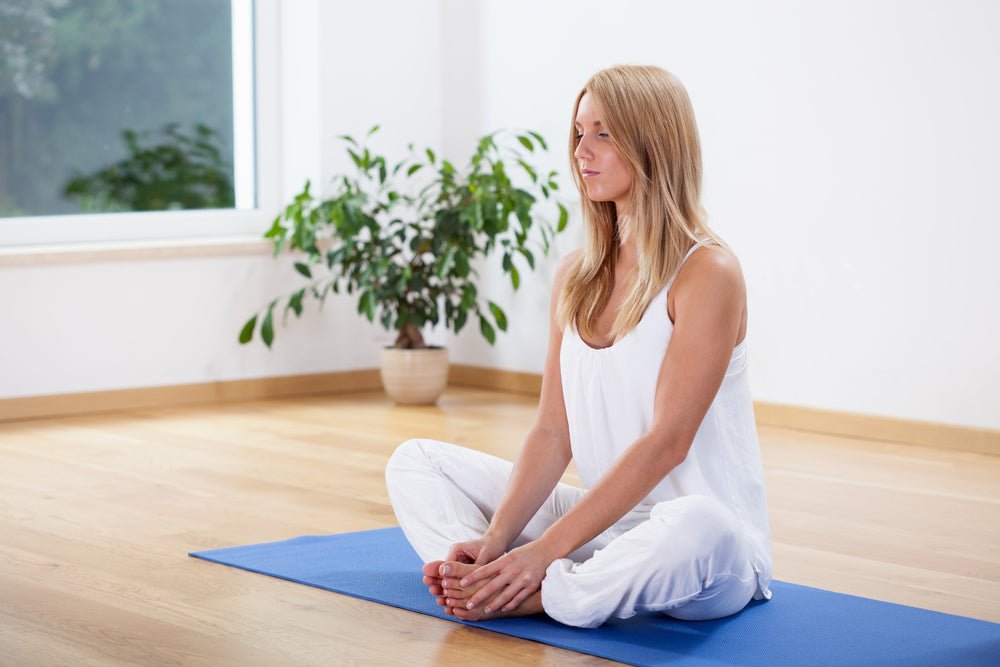Introduction
Have you ever heard about grounding mats and wondered if they actually work? If you’ve seen claims about these mats improving sleep, reducing stress, and balancing energy, you’re not alone. Many people swear by them, while others remain skeptical. So, does a grounding mat really work? In this post, we’ll explore what grounding mats are, how they’re supposed to work, and whether there’s any real science behind them.
What is a Grounding Mat?
A grounding mat (also called an earthing mat) is a device designed to mimic the effects of walking barefoot on the earth. It connects to the ground through a wire plugged into an electrical outlet or a grounding rod placed outside. The idea is that by making direct contact with the mat, your body absorbs electrons from the earth, which can supposedly improve your health.
How Do Grounding Mats Work?
The concept behind grounding is based on earthing theory, which suggests that connecting to the earth’s natural electrical charge can help:
- Reduce inflammation by neutralizing free radicals
- Improve sleep by balancing cortisol levels
- Decrease stress and anxiety by promoting relaxation
- Enhance circulation for better overall health
- Relieve chronic pain associated with conditions like arthritis
The mats work by allowing electrons from the earth to flow into your body, just like walking barefoot on grass or sand.
What Does Science Say About Grounding Mats?
Grounding mats have been the subject of some studies, but the scientific community remains divided on their effectiveness. Here’s a look at the current evidence:
Studies Supporting Grounding Mats
Several small studies have suggested potential benefits:
- A 2012 study published in the Journal of Environmental and Public Health found that grounding can reduce inflammation and improve sleep quality.
- A 2015 study on grounding and cardiovascular health reported improved blood viscosity, which may help heart health.
- Some research on chronic pain sufferers suggests that grounding can help lower pain levels and speed up recovery time.
Skepticism and Lack of Large-Scale Studies
While these findings are interesting, there’s a lack of large, well-controlled studies confirming these claims. Many scientists argue that the placebo effect might play a significant role in reported benefits. Additionally, grounding mats are not regulated by the FDA or other health authorities, which means results can vary widely.
Real-World Experiences: Do Grounding Mats Work for Everyone?
People who use grounding mats often share different experiences. Some say they sleep better, feel more relaxed, and notice a reduction in pain. Others report no noticeable effects.
Who Might Benefit from Grounding Mats?
- People with sleep disorders – Some users claim to fall asleep faster and wake up feeling more refreshed.
- Those with chronic pain – Some people with arthritis or muscle pain experience relief.
- Individuals with high stress or anxiety – Grounding is believed to promote a sense of calm.
Who Might Not Notice Any Effects?
- Skeptics who expect instant results – Like many wellness practices, grounding might take time to show effects.
- People with no sleep or pain issues – If you don’t struggle with these problems, you may not notice any difference.
Conclusion: Should You Try a Grounding Mat?
So, does a grounding mat really work? The answer depends on who you ask. There’s some scientific evidence supporting the potential benefits, but larger studies are needed. If you’re curious, it might be worth trying a grounding mat to see if it helps you. Just keep in mind that results vary, and it shouldn’t replace medical treatment for serious health issues.
FAQs
1. Do grounding mats really work for sleep?
Some users report improved sleep, but scientific evidence is still limited. The placebo effect may play a role.
2. Can grounding mats reduce pain and inflammation?
Some studies suggest they might help, but more research is needed to confirm these benefits.
3. How long should I use a grounding mat each day?
Most users recommend at least 30 minutes to a few hours for noticeable effects.
4. Are there any risks to using grounding mats?
Generally, they’re considered safe, but people with pacemakers or electrical sensitivity should consult a doctor before use.
5. Where can I buy a grounding mat?
You can find them online on platforms like Amazon, wellness stores, or specialty grounding websites.
If you’ve tried a grounding mat, let us know your experience! Do you think it really works, or is it just another wellness trend?

